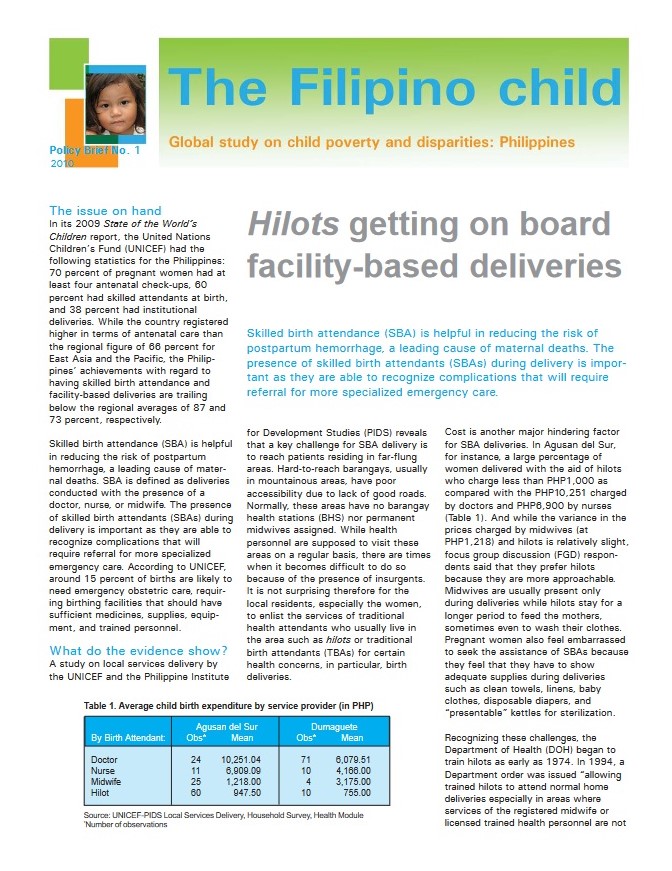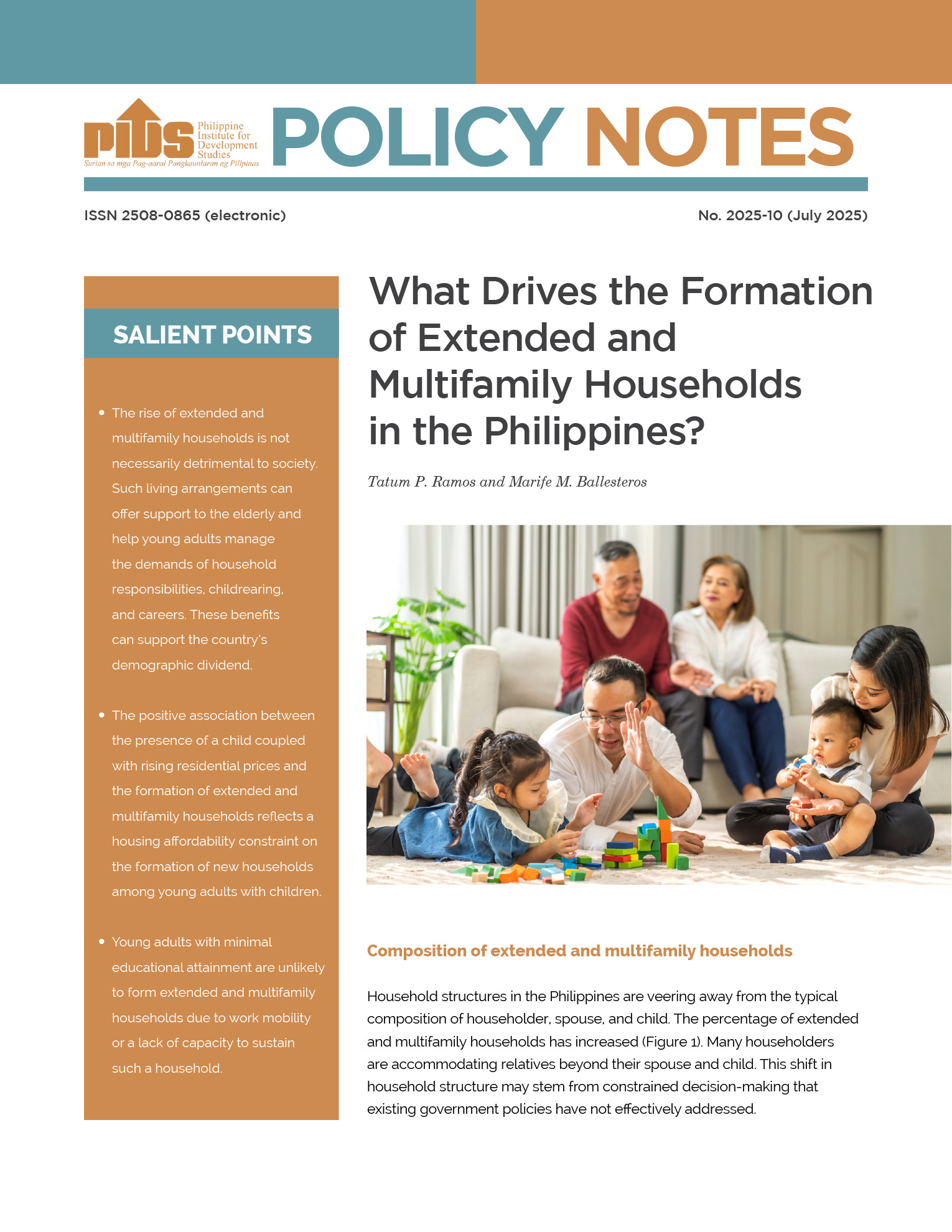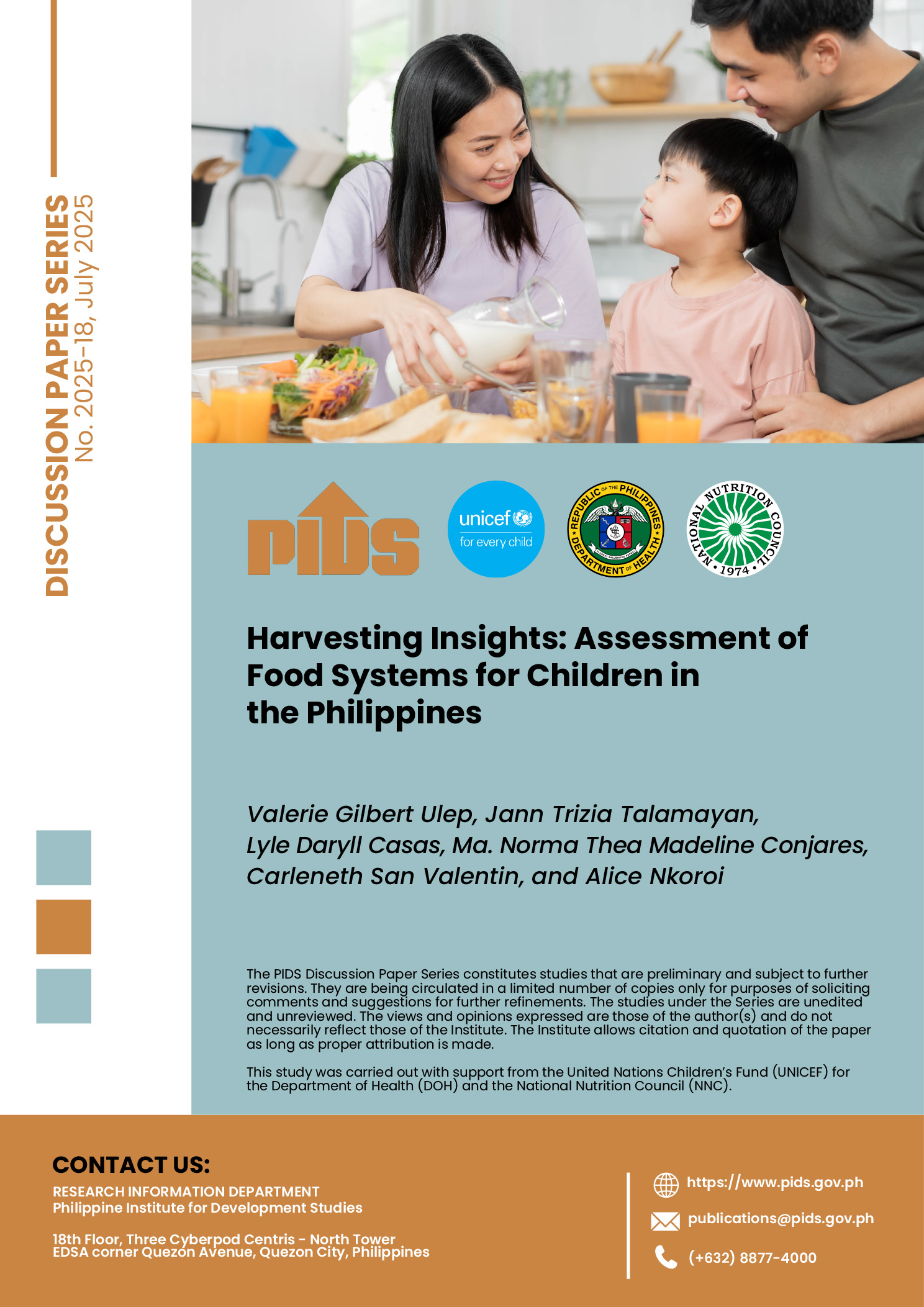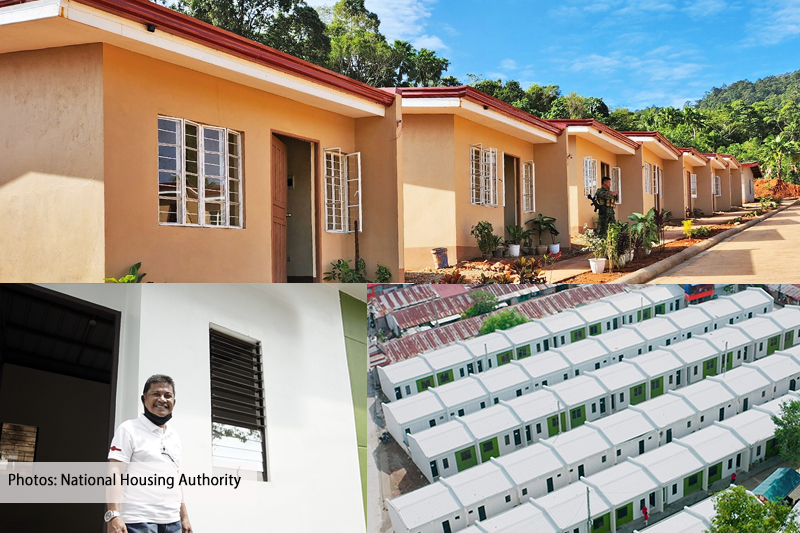Skilled birth attendance (SBA) is helpful in reducing the risk of postpartum hemorrhage, a leading cause of maternal deaths. The presence of skilled birth attendants during delivery is important as they are able to recognize complications that will require referral for more specialized emergency care. A study on local service delivery by the United Nations Children’s Fund (UNICEF) and the Philippine Institute for Development Studies (PIDS) reveals that a key challenge for SBA delivery is to reach patients residing in far-flung areas where there are normally no barangay health stations (BHS) nor permanent midwives assigned. It is not surprising therefore to find local residents, especially the women, enlisting the services of traditional health attendants such as hilots who usually live in the area for birth deliveries. And while the DOH’s latest manual of operations for the rapid reduction of maternal and neonatal mortality clearly indicates that the best intrapartum care strategy is one where women deliver in health facilities with midwives attending to them, the ground reality, however, still finds hilots very often attending to women’s birth deliveries. This situational difference therefore calls for a strategy that will reconcile it with the current MNCHN policy. Read more about it.











